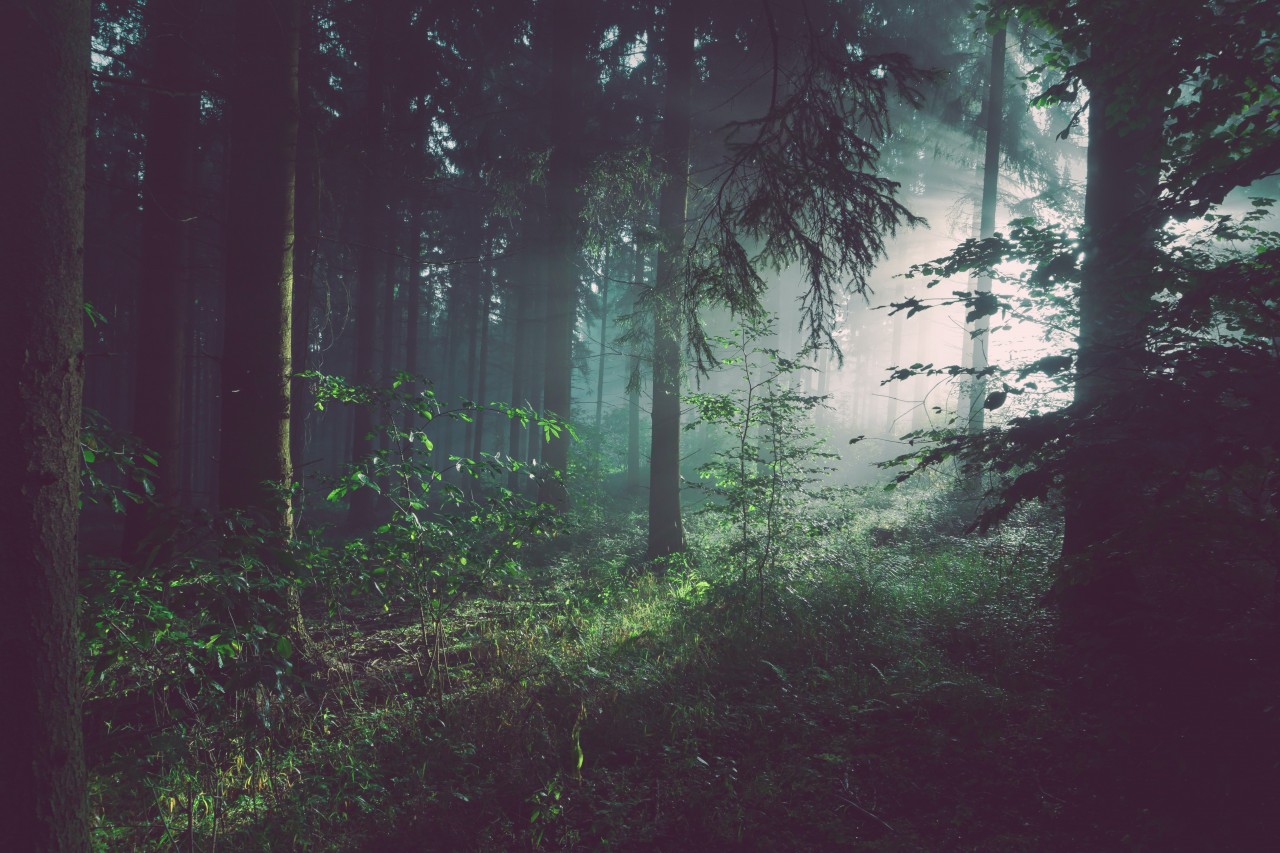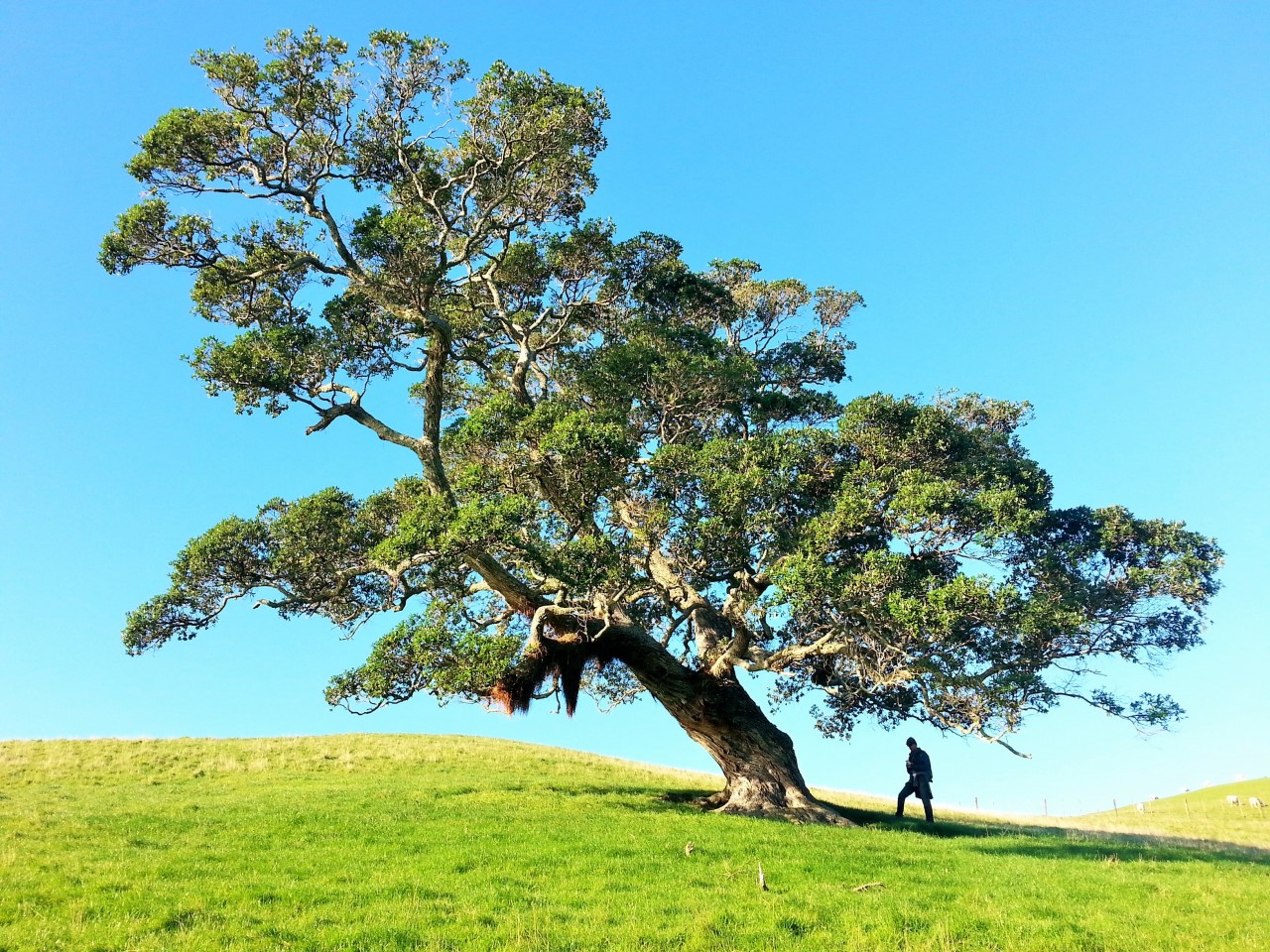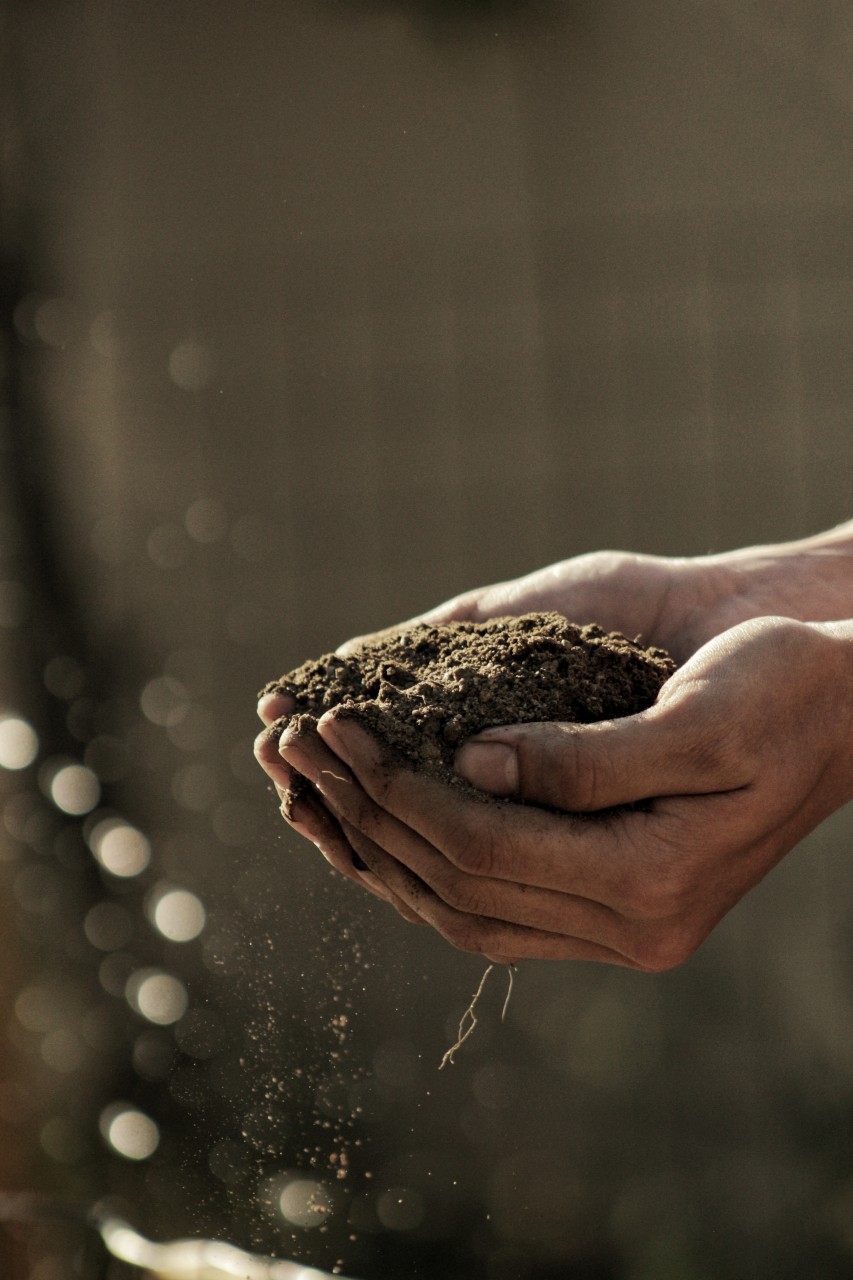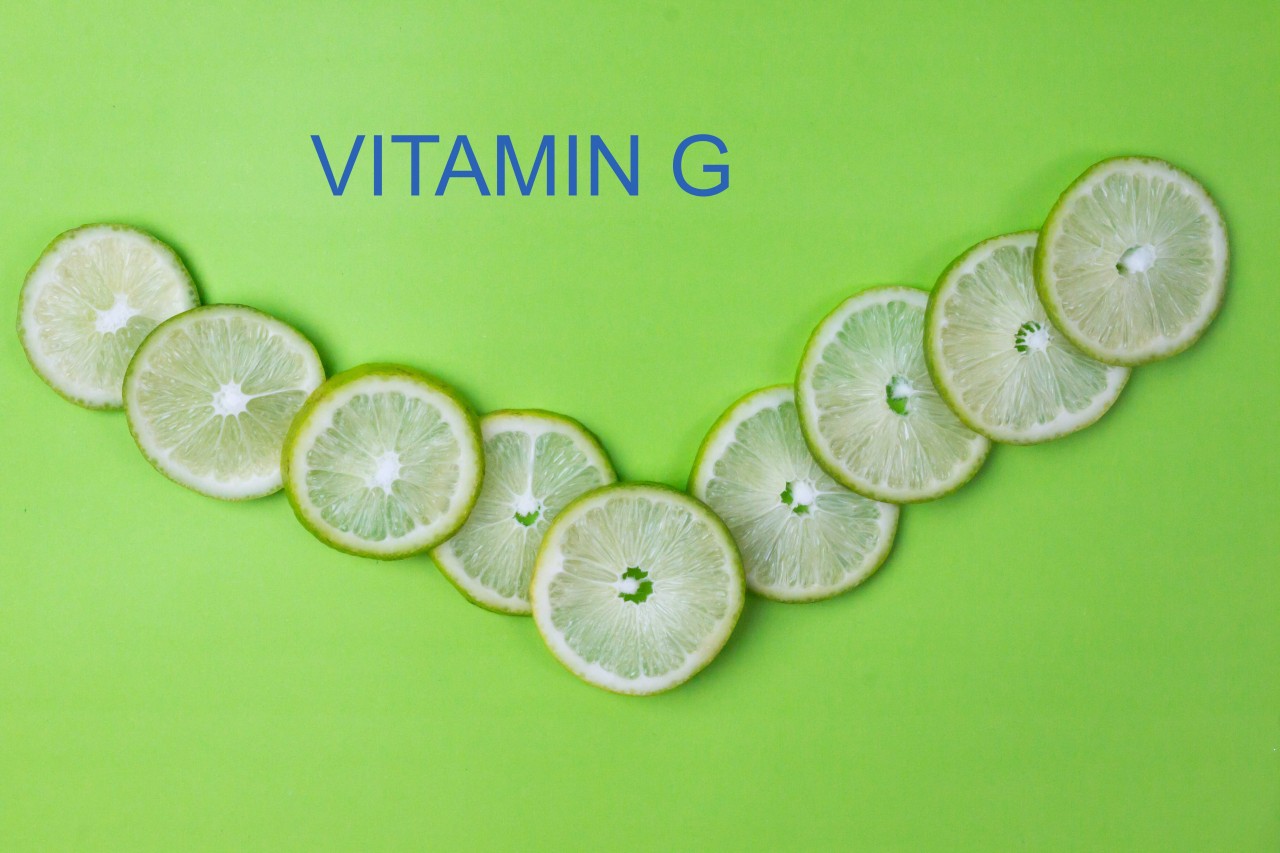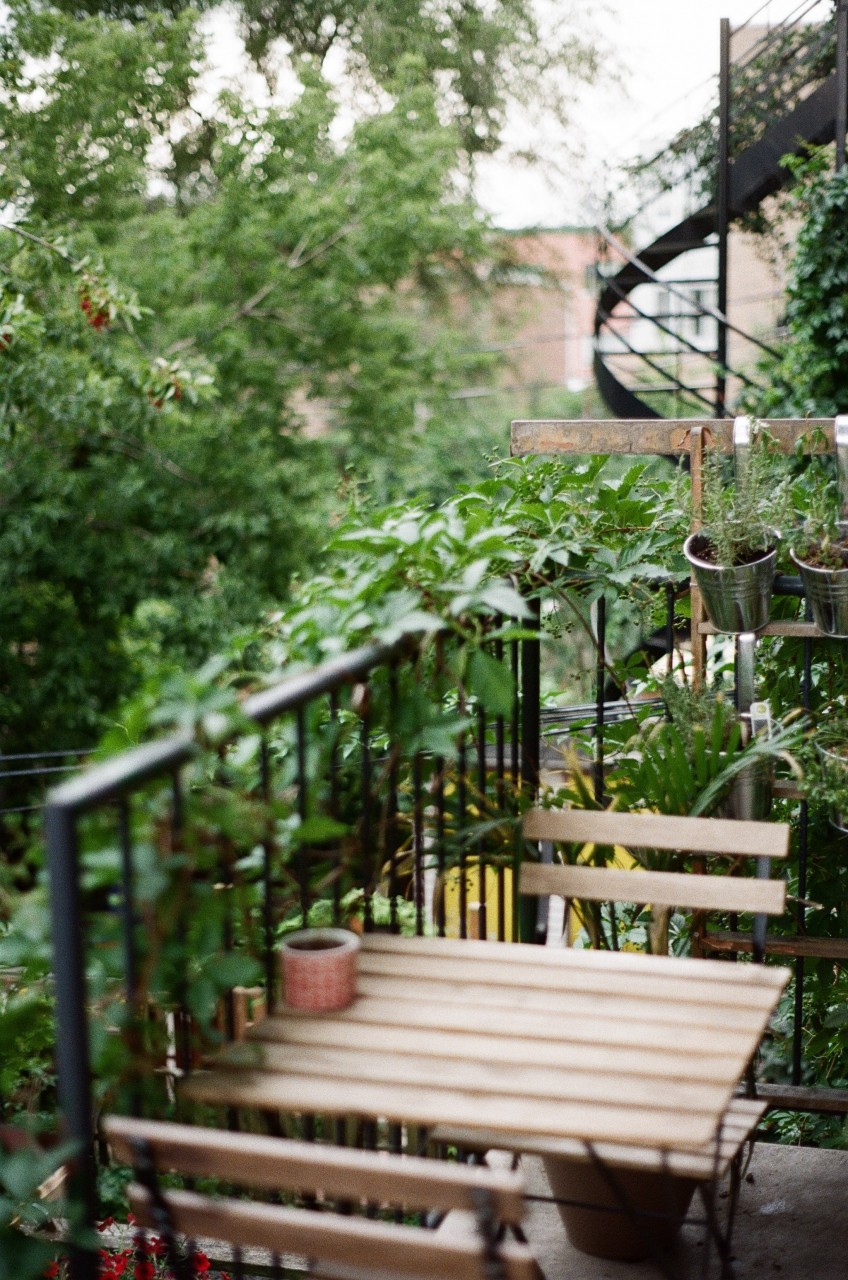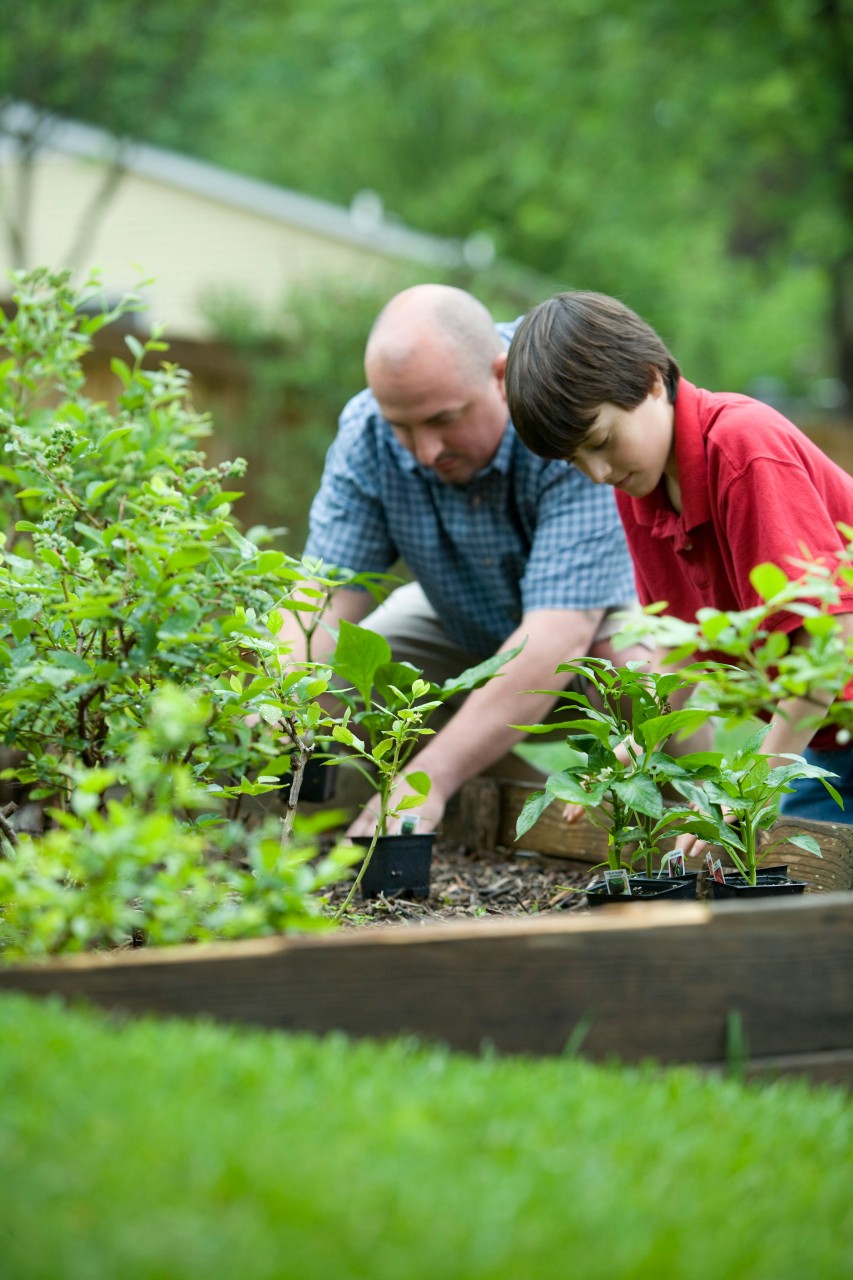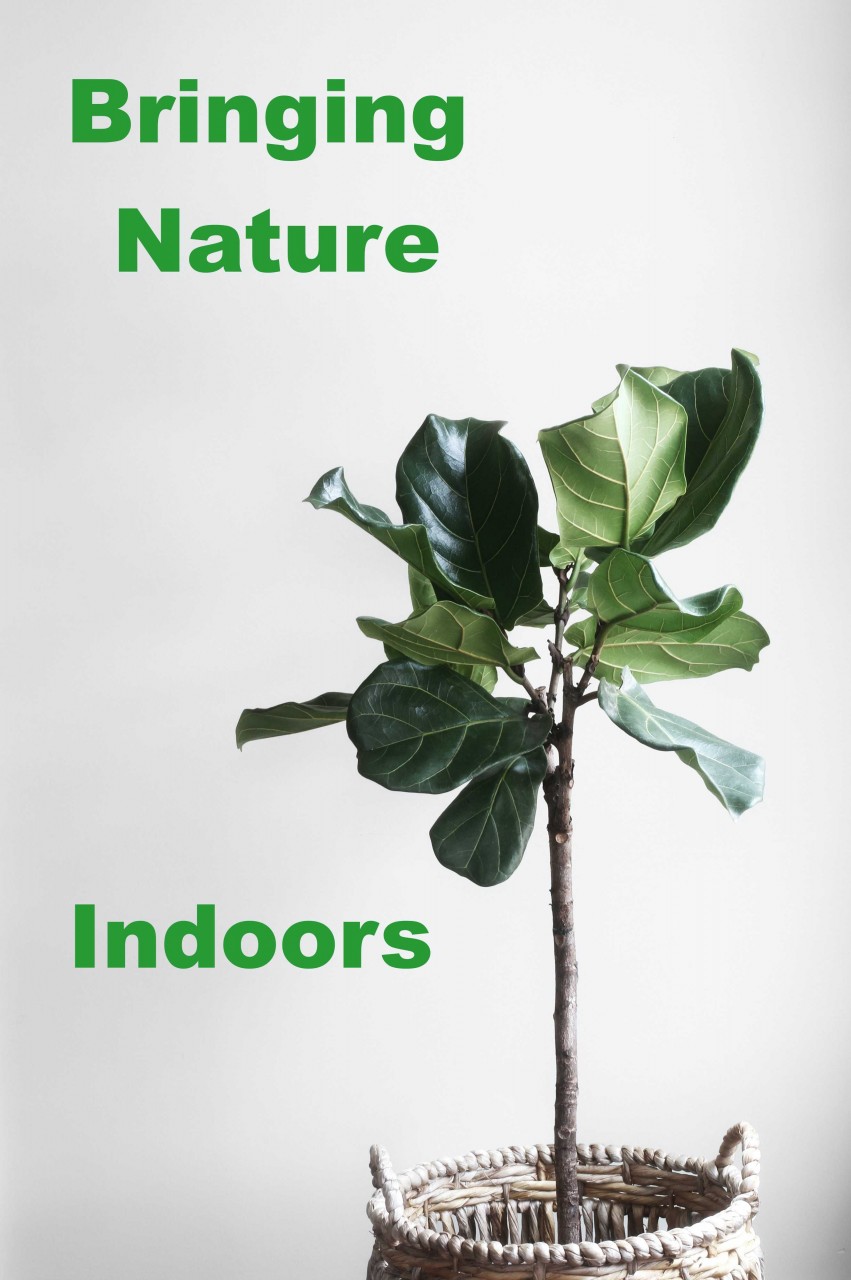Mental Health and Nature
How many hours have you spent looking at a screen ? How many times have you checked your smartphone today ? Concentrating hard at work in your air-conditioned office or heated home, you might not even have noticed the weather ?
Nature is not a luxury. It is a resource that must be available for everyone to enjoy - as basic as having access to clean water or a safe roof over our heads.
2021 is going be a huge year for nature. : A new Environment Bill will go through the UK Parliament which will shape the natural world for generations to come;
Mental Health Foundation say that during covid 19 lockdowns, people not only have been spending more time in nature but were noticing it more. Going for walks outside was one of our top wellbeing coping strategies and 45% of us reported being in green spaces had been vital for our mental health.
When was the last time you walked in a forest or woodland so beautiful it made you catch your breath and visibly relax ? When did you last notice the scent of the trees, the rustle of leaves or the crunch of the earth below you ?
People in Britain spend an average of eight hours a day on their electronic devices, which is more time than the average person spends asleep. It is only in the last five generations that so many of us have lived and worked in a context that is largely separated from nature. It is not just being in nature but how we open ourselves up and interact with nature that counts.
Ask yourself now, how long has it been when you have been surrounded by trees ? Walking in woodlands can
- Reduce blood pressure
- Lower blood-sugar levels
- Improve pain thresholds
- Help you to lose weight
As well as having a higher concentration of oxygen, the air in the forest is also full of phytoncides. They are part of a tree's defence system, protecting them from bacteria, insects and fungi. Phytoncides are the way trees communicate with each other. The warmer it is, the more phytoncides there are in the air. The concentration is at its highest at temperatures of around 30 degrees. Exposure to phytoncides : significantly decreases your level of stress hormones, increases the sleep hours and the quality of your sleep. Phytoncides also lower your blood pressure and heart rate. Recommended read - into the forest by Dr Qing LI
Photo by Gilly Stewart on Unsplash
There is also a substance in soil that we breathe in when we walk in the forest which makes us feel happier. This is a common and harmless bacteria, Mycobacterium vaccae. Every time you dig in your garden or eat a vegetable taken from your garden, you will be ingesting this common but harmless bacteria. Research has shown that it stimulates your immune system, giving you a much needed mood boost.
Photo by Gabriel Jimenez on Unsplash
BEING OUTDOORS GIVES YOU YOUR DAILY DOSE OF VITAMIN D. Although vitamin D is present in some foods, we get more than 90 percent of our vitamin D from casual exposure to sunlight.
Living in towns or cities can negatively affect our mental health, but "Vitamin G" can be the antidote. Nature is Vitamin G (Green) - that our bodies need to function well. You cannot overdose on Vitamin G. In addition to "5 a day veg", I recommend you take a daily dose of vitamin G. .Research shows that the more G you get, the better, and two hours of "green time" a week can work wonders for your well being.
Photo by Tamanna Rumee on Unsplash
Attention restoration theory was developed by Stephen and Rachel Kaplan in the 1980s and '90s, Their theory includes four stages of attention restoration in nature. It starts with clearing our minds of the things we have been worrying about that day. Find a "sit point" in your garden, a place you can sit and take in views, sounds and scents of your garden. You will find the hard focus you had needed on work that day, begins to lift. After that, we experience "soft fascination" attention, which involves paying attention without any real effort to the things around us.
A restorative well being garden must offer four elements: a sense of total immersion ("totally present in the moment"), a change of scene ("being away from your office and home"), a feeling of being at ease within your green space ("feeling connected with your garden"), and features that hold your attention.
We use "directed attention" for tasks that demand effort and concentration. It is what we use when we are at work, or driving. `Soft fascination' attention , requires no mental effort, it just comes naturally. This is the kind of attention we use when we are in nature. Recommended read - your wellbeing garden by the Royal Horticultural Society
Photo by Maude Frédérique Lavoie on Unsplash
How many breaths do we take a day ?
A person takes around 23,000 breaths a day. Research suggest that we can detect more than 1 trillion odours. This "nose ability" has likely contributed to humans' successful evolution, as we are attracted to "tasty" smells
Take A GOOD SNIFF when you next walk around your garden.
People suffering from poor mental health often feel unable to control their life. Struggling with hopelessness feelings. Gardening offers a promise of control - tending a green patch of your garden, making planting choices, Gardening has huge self-esteem benefits , empowering you to grow your own veg and flowers An added bonus - physically active as well.
Photo by CDC on Unsplash
Bringing nature indoors by growing houseplants is the perfect first step towards reconnecting with the natural world. Nurturing just one plant on a windowsill starts to re-establish an intimacy with nature. Create a "green frame" of plants around your office window to reconnect with nature. Instead of a coffee break, have a "houseplant break" to care for your plants by watering, feeding, and generally appreciating them. This will not only clear your head of negative thoughts but will grow your"green well being". Recommended read- my houseplant changed my life by David Domoney
Comments
By accepting you will be accessing a service provided by a third-party external to https://www.flashinglightbulb.co.uk/


